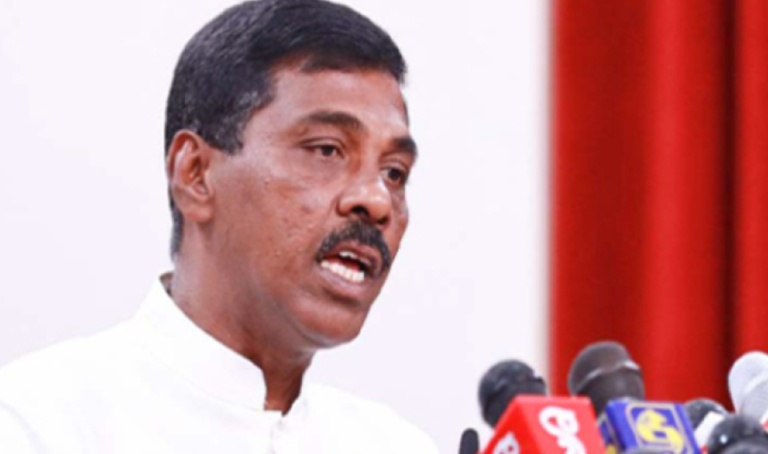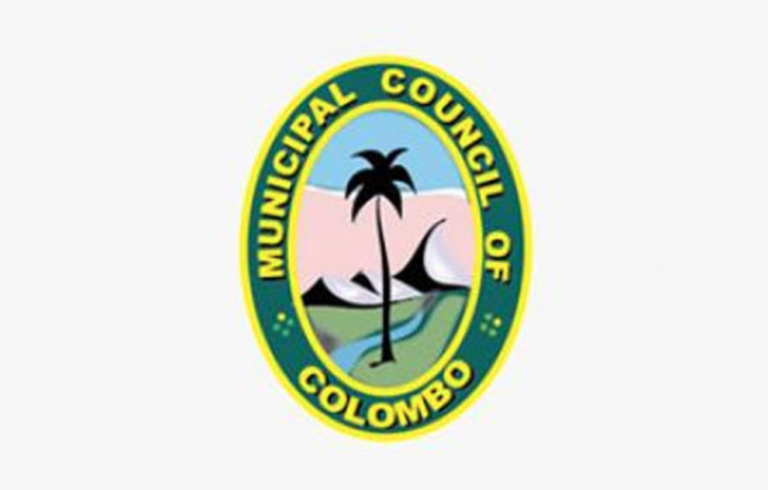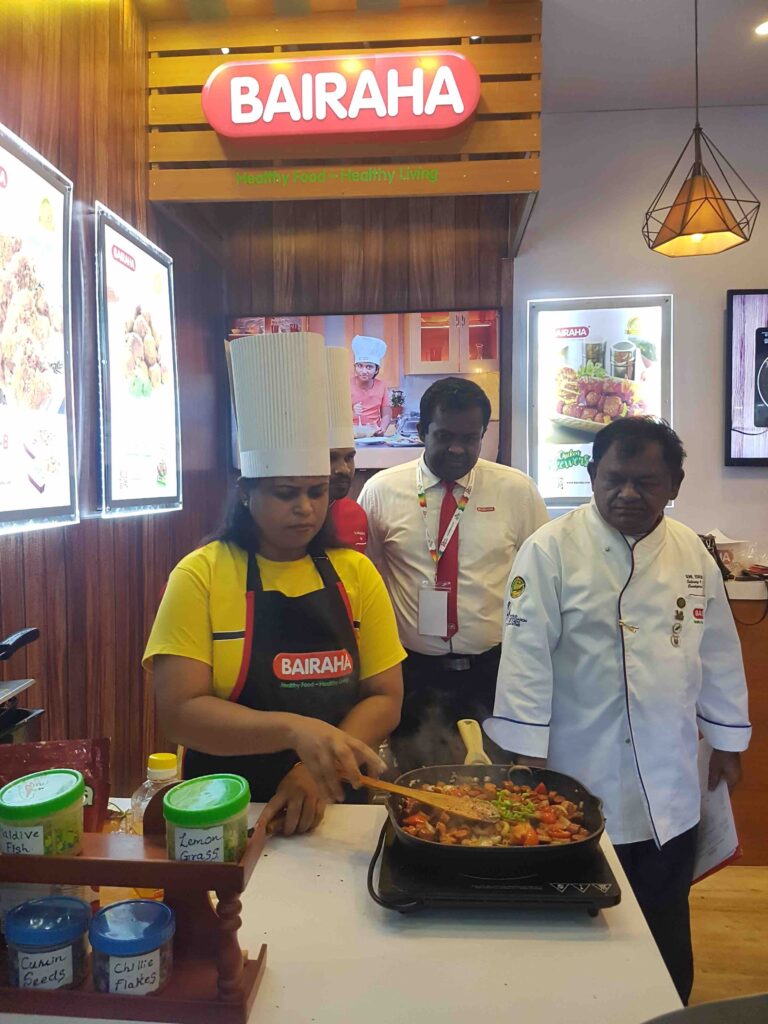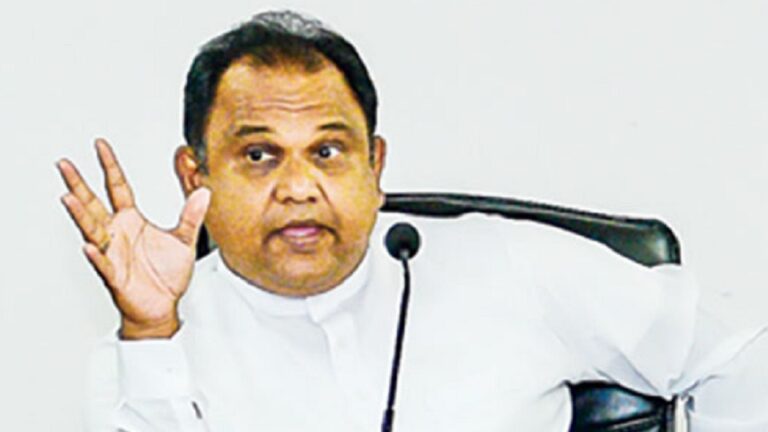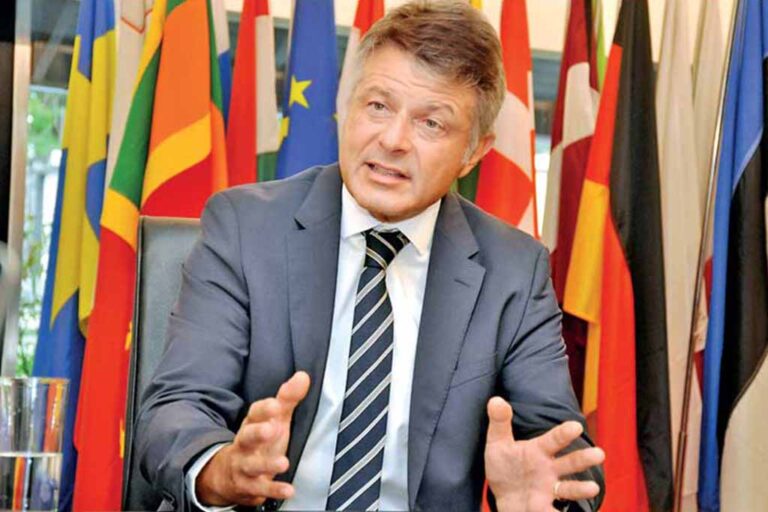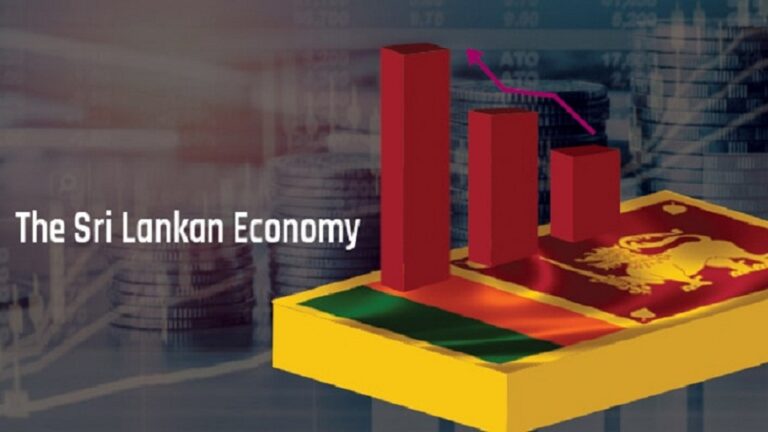Plantation Industries Minister Dr. Ramesh Pathirana has unveiled an ambitious plan to introduce entrepreneurship circles in 5,000 schools across Sri Lanka, aimed at educating schoolchildren about business initiation and management. Currently implemented in 300 schools, this program seeks to enhance students’ knowledge in various domains, including business establishment, operation, financial management, and the utilization of modern technology.
Dr. Pathirana made this announcement during his participation in the opening ceremony of the Central Provincial Industry Exhibition, held at the Bogambara Old Prison Premises in Kandy from October 6-8, organized under the guidance of the Industries Ministry. The initiative aims to empower young minds with essential entrepreneurial skills, fostering a culture of innovation and financial prudence.
Moreover, Minister Pathirana outlined plans to facilitate the international market access of quality products created by those involved in these exhibitions and other entrepreneurs. He mentioned that a delegation from the Economic Development Board recently participated in an exhibition in Moscow, Russia, showcasing selected items. These products will also be displayed at an upcoming industrial conference and exhibition scheduled for December in Cairo, Egypt. Additionally, the government is preparing the groundwork to penetrate the markets of India and Africa by showcasing Sri Lankan products at international exhibitions.
Reflecting on the resilience of Sri Lankan entrepreneurs amid economic challenges and the COVID-19 pandemic, Dr. Pathirana praised their dedication to safeguarding their businesses and stabilizing the country’s economy. Despite facing shortages of electricity, oil, gas, and raw materials, they achieved a historic milestone by earning USD 13.1 billion in export income last year, setting a record.
The minister highlighted the growth and diversification of the country’s industrial sector during the two years of import restrictions, with entrepreneurs now classified into 20 categories and receiving continuous support from the Industries Ministry.
He emphasized the notable progress made in the motor vehicle accessories manufacturing sector, with Sri Lanka producing car seats, tires, rims, sensors, and other components, many of which are exported globally. Additionally, the country has entered the global market for gearboxes and motor vehicle engines, strengthening its presence in the automotive industry.
Minister Pathirana also underscored Sri Lanka’s emergence as a hub for the production of hard tires, contributing significantly to the nation’s economic development.


